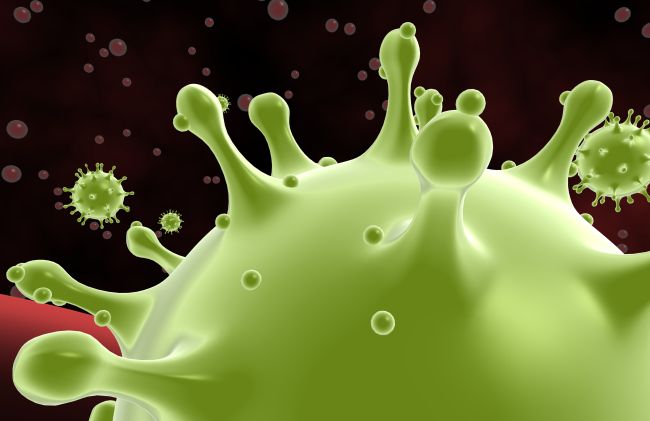
Coronavirus is giving sleepless nights to the world, but a question that is tickling every mind is when the outbreak will end? What will be the end of the coronavirus SARS-CoV-2? A team of physicists conducted a few experiments on the empty outer shells of the virus in different weather conditions. The experiments suggest that there is a possibility that Coronavirus may not survive the extreme heat of summers.
Coronavirus, which has symptoms like influenza, is taking a toll on the world. The virus itself cannot do anything unless it reacts to the cells of the body. The team of physicists at the University of Utah have been deployed to study the effect of Coronavirus in different weather conditions, to help the Public Health committee make informed decisions.
Source: livescience.com
The president of the University of Utah and a physicist, SaveezSaffarian gave a statement, "Coronavirus spreads similarly to the influenza virus — as small mucus droplets suspended in the air … Viruses lose infectivity because the particles lose structural integrity. The physics of how the droplets evolve in different temperature and humidity conditions affect how infectious it is."
Viruses are believed to shells that cannot survive or propagate on their own. The genetic induction is inside the shell, which requires a host cell to use its machinery to replicate over and over again. Michael Vershinin and SaveezSaffarian received a grant of $2,00,000 to study the behaviour of viruses in different weather conditions from the National Science Foundation (NSF).
Vershinin gave a statement, "We're making a faithful replica of the virus packaging that holds everything together." "The idea is to figure out what makes this virus fall apart, what makes it tick, what makes it die." They are doing it by using optical tweezers, a focussed beam of light to manipulate the nanoparticles of the dummy virus. Whereas, Saffarian is studying the RNA and is tracking down the individual viral particles. It will help them understand how the virus will move indoors from outdoors in the summer heat, especially in air-conditioned places.
The experiment will not develop a vaccine but will help the Public Health officials in developing policies or deciding the time for quarantine.